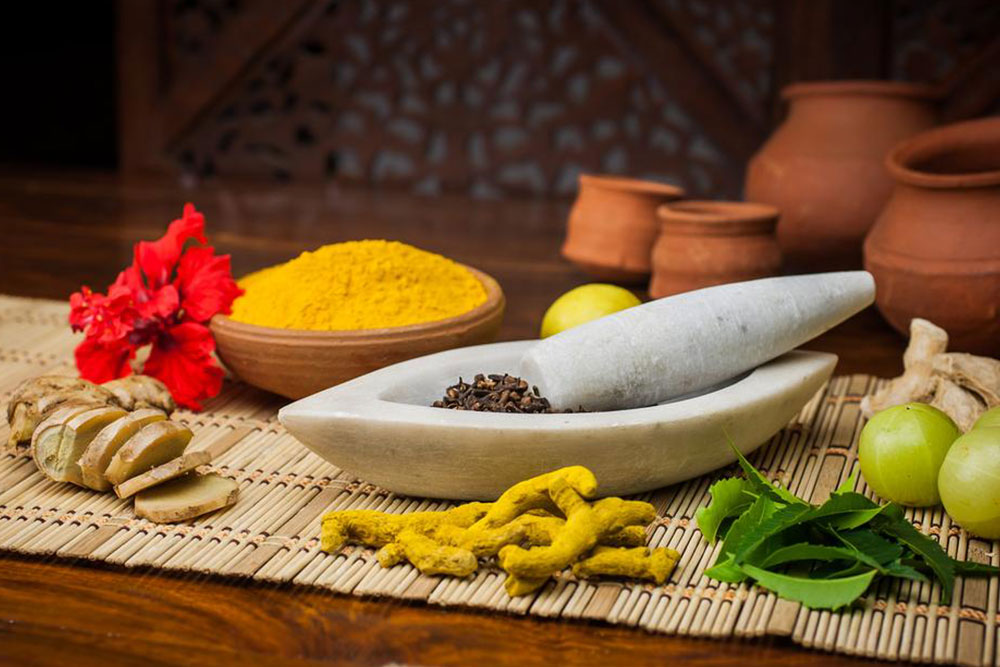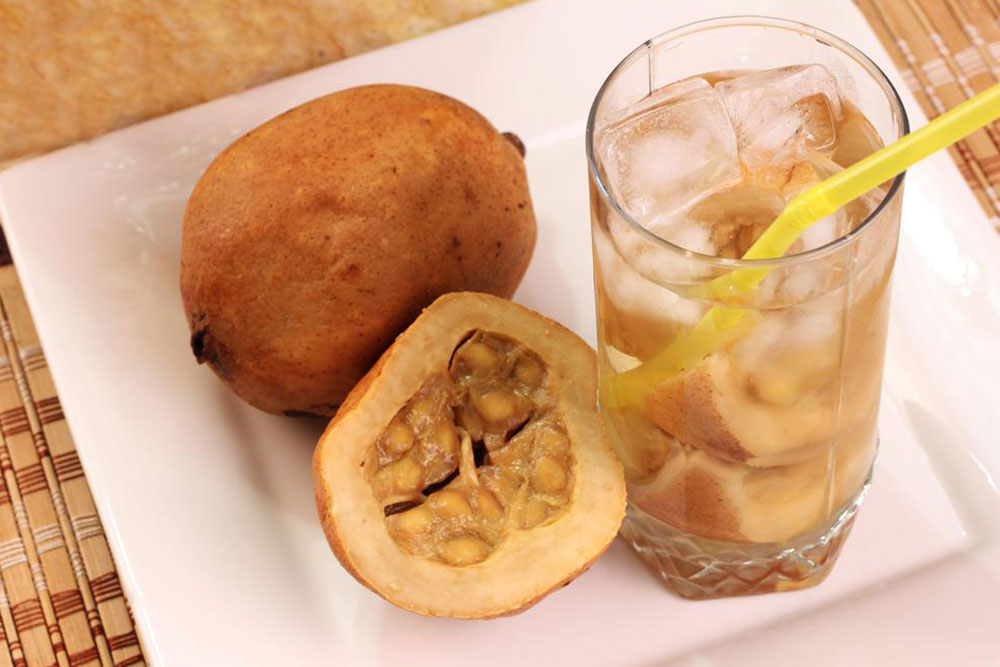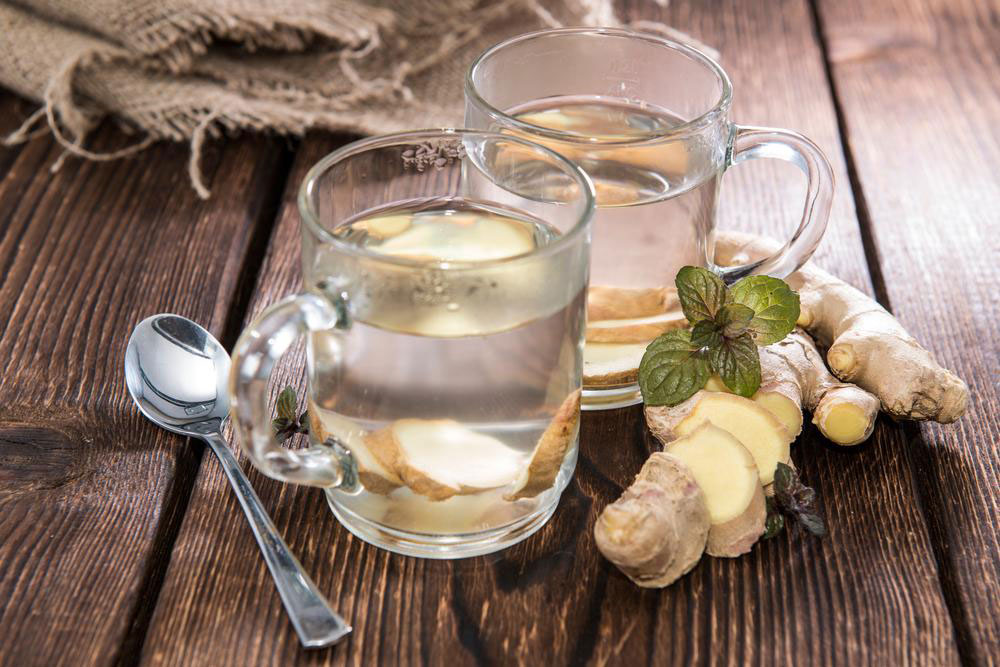Natural Strategies to Alleviate Vaginal Dryness and Enhance Women's Comfort
Discover comprehensive natural approaches to mitigating vaginal dryness through dietary adjustments, herbal remedies, and stress management techniques. This holistic guide empowers women to take control of their menopausal health with proven, safe strategies that support hormonal balance and overall well-being.

Holistic Approaches for Managing Vaginal Dryness Naturally
As women enter different stages of life, particularly around menopause, hormonal fluctuations become common. These changes often lead to uncomfortable symptoms such as vaginal dryness, itching, and irritation, which can significantly impact quality of life. While conventional medical treatments like hormone therapy are effective, many women seek natural and non-invasive alternatives to manage these symptoms. Incorporating specific nutrient-rich foods and adopting lifestyle practices can support hormonal balance and reduce dryness naturally.
Understanding the role of diet and lifestyle adjustments opens up additional avenues for relief. It is essential, however, to consult healthcare professionals before initiating any major dietary or lifestyle changes, especially if other health conditions are present. Here are some natural remedies and practices backed by traditional use and emerging research that can contribute to alleviating vaginal dryness and improving overall well-being:
Flaxseeds: These tiny seeds are a powerhouse of nutrients, particularly rich in omega-3 fatty acids and lignans. Lignans are plant compounds with phytoestrogenic properties, which mimic the action of estrogen in the body. Incorporating ground flaxseeds into breakfast cereals, smoothies, or baked goods can help reduce menopausal symptoms like dryness, hot flashes, and mood swings. For topical benefits, soaked or ground flaxseed can be applied externally to soothe irritated tissues, although more scientific validation is needed for this use.
Pumpkin Seeds: Packed with zinc, magnesium, and other minerals, pumpkin seeds support women's health by maintaining hormonal balance. Zinc plays a crucial role in tissue repair and immune function and may help improve vaginal tissue health. Regular consumption of pumpkin seeds as a snack or added to salads can also aid mood regulation and reduce irritability often associated with hormonal fluctuations during menopause.
Licorice Root Powder: Traditionally used in herbal medicine, licorice contains phytoestrogen-like compounds that can help alleviate menopausal symptoms such as vaginal dryness and hot flashes. Consuming small doses of licorice powder—either as a brewed tea or added to foods—can be beneficial. However, it is important to use licorice in moderation, as excessive intake may cause side effects like increased blood pressure or water retention. Consulting a healthcare provider is essential before using licorice supplements.
Sunflower Seeds: As natural sources of plant estrogens, sunflower seeds may promote hormonal balance and alleviate dryness. Their inclusion in daily dietary routines can provide a gentle support to estrogen levels, minimizing symptoms like vaginal discomfort and dryness. Sunflower seeds are versatile, easily integrated into smoothies, salads, or eaten as a snack.
Indian Spikenard: Known for its calming properties, Indian Spikenard (Nardostachys jatamansi) has been used in traditional medicine to soothe nerves, promote restful sleep, and reduce night sweats and hot flashes. Consumed on an empty stomach, it may help stabilize mood and relax the nervous system, indirectly supporting hormonal harmony.
Beyond dietary modifications, lifestyle practices such as practicing yoga, meditation, and mindfulness can significantly reduce stress levels. Stress management is crucial because stress hormones can disrupt hormonal balance, exacerbating symptoms like dryness and discomfort. Gentle yoga routines focusing on pelvic health, deep breathing exercises, and mindfulness meditation can help balance hormones naturally and improve overall well-being.
It is vital to approach these natural remedies as part of a comprehensive health plan and always seek personalized advice from healthcare professionals. While these strategies are generally safe, individual responses vary, and some products or practices may not be suitable for everyone.
In conclusion, leveraging natural remedies—such as nutrient-rich foods, herbal supplements, and stress reduction techniques—can provide significant relief from vaginal dryness. These approaches empower women to take an active role in managing menopause symptoms, fostering better health and comfort during transitional phases of life. Combining dietary habits with lifestyle modifications can create a holistic path toward improved hormonal harmony and enhanced quality of life.





